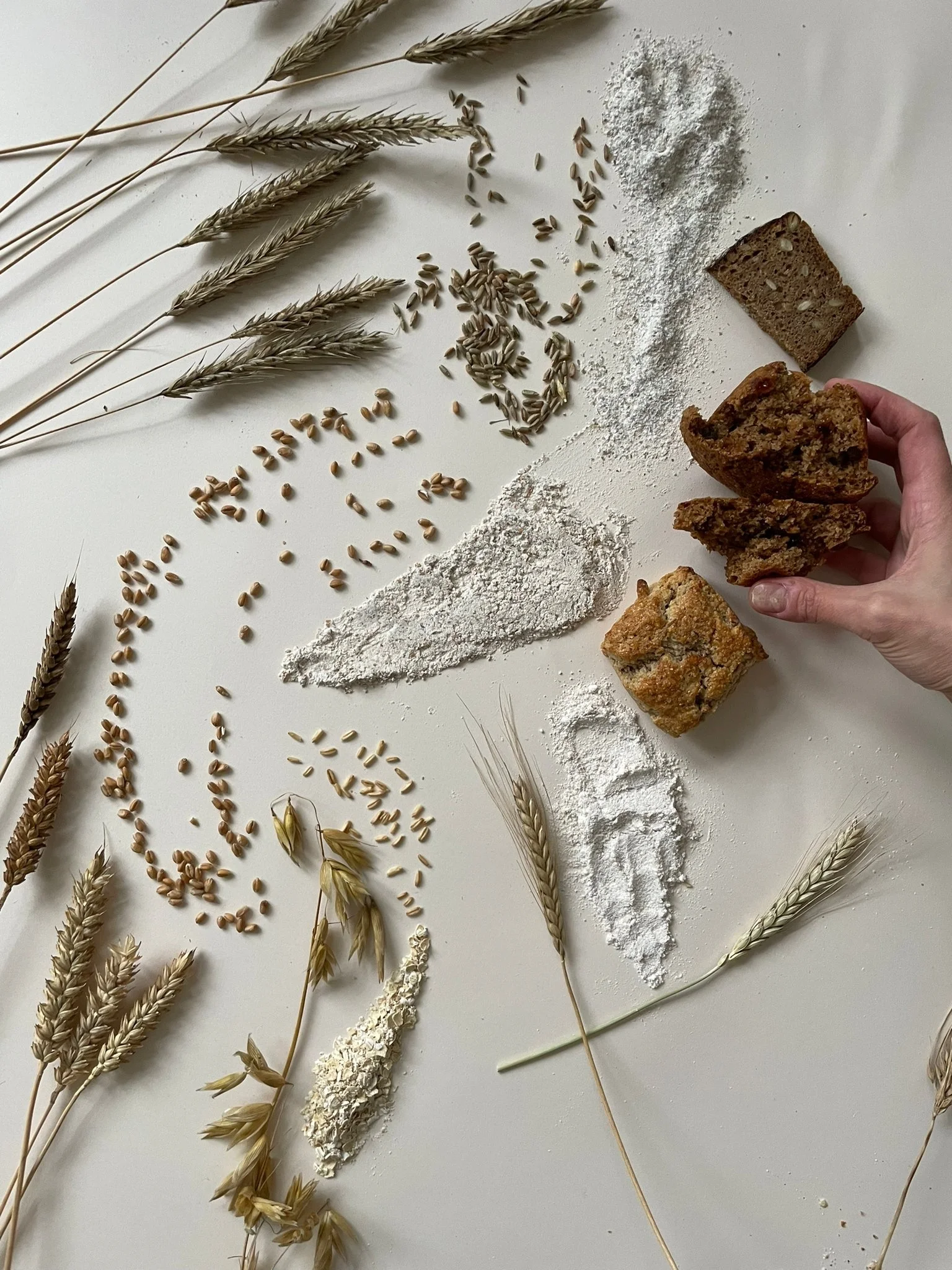Regraining Ground: Regional Agroecological Grain Networks in Scotland and New York
Relocalizing grain systems
Across the United States, United Kingdom, and globally there are movements to re-localize grain networks. Regional grain networks are geographically localized economic systems that typically consist of all aspects of cereal grain production from harvest to consumption, including farms, mills and bakeries. As we see an increased promotion of local and regional food systems from both governments and society, we need to have a better understanding of opportunities and challenges that arise within these local systems and how these systems impact local food supply, the environment, and local economies. In this project we aim to fill this gap by using comparable methods to map grain networks in Scotland and Upstate New York and explore the social, environmental, health, and economic impacts of each network.
Research questions:
What is the geographic and relational structure of the networks and how have these changed over time?
What is the perceived role and impact of the networks for their members, local communities and regional food systems?
To what extent do the activities, aims, beliefs of the grain network connected to the principles of agroecology? What is the relative importance of the different agroecology principles in the network and how does this differ between Scotland and NY?
Research team
Alexa Bellows is a Chancellor’s Fellow at the Global Academy of Agriculture and Food Systems at the University of Edinburgh.
Rachel Bezner Kerr is a Professor in Global Development at Cornell University.
Emma Davis is a Master of Public Health Student at Cornell University with a concentration in Food Systems and Health.
Annie Gregoire is a PhD candidate at the University of Edinburgh
Methods
In each grain network, we are conducting a systems mapping exercise to understand the structure and connections within each network. We are also conducting qualitative interviews with key stakeholders within the grain network of that region, including farmers, millers, bakers, consumers and other processors. In these interviews, we aim to understand each stakeholder’s perceived role in the network and their views on the benefits and challenges of participating in these local networks with an emphasis on the social, environmental, health, and economic impacts of the network. At the end of the project, we will first share the findings with stakeholders within each network and provide an opportunity for further feedback. We will then do a comparison exercise to highlight synergies and differences between these two networks and look for opportunities for peer learning between the networks.
Funding for this project is generously provided by Cornell University and the University of Edinburgh through a Global Strategic Collaboration Award (2024-25).


